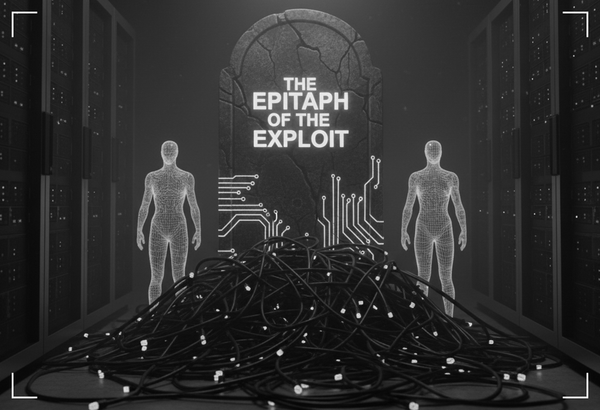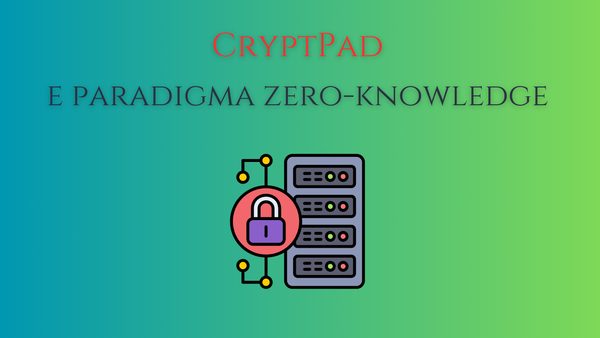AI Snake Oil: 5 Questions to Bust the Hype-sters
The AI gold rush is in full swing. Seemingly overnight, almost every tech company, no matter how small or unrelated, has become an "AI-powered" disruptor.

The AI gold rush is in full swing. Seemingly overnight, almost every tech company, no matter how small or unrelated, has become an "AI-powered" disruptor. But beneath the shiny veneer of buzzwords and promises, a sobering truth remains: not all that glitters is AI.
It's critical to discern genuine innovation from cleverly disguised snake oil. Don't let dazzling demos and grandiose claims fool you. Arm yourself with these five penetrating questions to expose the truth behind the AI curtain.
1. What specific problem does this AI solve, and why is AI the best solution?
AI shouldn't be a solution in search of a problem. True AI innovation addresses a clear, defined need, and leverages AI's unique capabilities to provide a superior solution. Push past generic claims of "efficiency" or "automation." Demand a precise articulation of the problem and a compelling argument for why AI is the optimal approach.
2. Can you explain the AI's underlying technology in a way that reveals its limitations as well as its strengths?
Any company can throw around terms like "deep learning" and "neural networks." A trustworthy AI provider should be able to demystify their technology without resorting to jargon, clearly outlining its capabilities and its constraints. Beware of those who shy away from discussing limitations – every AI system has them.
3. Can you show me evidence of the AI's effectiveness that goes beyond anecdotal evidence or cherry-picked data?
Real AI delivers measurable results. Demand rigorous proof: peer-reviewed research, independent audits, comprehensive case studies with quantifiable outcomes. Don't be swayed by isolated success stories or vague promises. Insist on seeing the data, and scrutinize the methodology behind it.
4. How does the AI address potential biases, ethical concerns, and unintended consequences?
AI systems are trained on data, and data can be biased. A responsible AI provider proactively addresses ethical considerations, mitigates bias, and has safeguards in place to prevent unintended consequences. They should be transparent about their approach to fairness, accountability, and transparency. If these crucial aspects are glossed over, proceed with extreme caution.
5. What is the interplay between human expertise and the AI system, and how does this ensure responsible use?
AI should augment human intelligence, not replace it entirely. Understand the division of labor between humans and the AI. How much human oversight is involved? How are human values and ethical considerations integrated into the decision-making process? True AI solutions recognize the essential role of human judgment and strive for a synergistic partnership.
The AI revolution is upon us, and the time for passive observation is over. We cannot afford to be mere bystanders, swept away by the tide of hype and empty promises. Demand transparency, challenge the claims, and scrutinize the evidence with unwavering skepticism. Ethical considerations must be at the forefront, guiding every step we take. The future of AI is not predetermined; it's in our hands, it's up to us, as informed consumers and responsible developers, to champion genuine progress and prioritize human well-being above all else. The time for action is now, let's seize the reins of this revolution and steer it towards a future where AI truly serves humanity.





